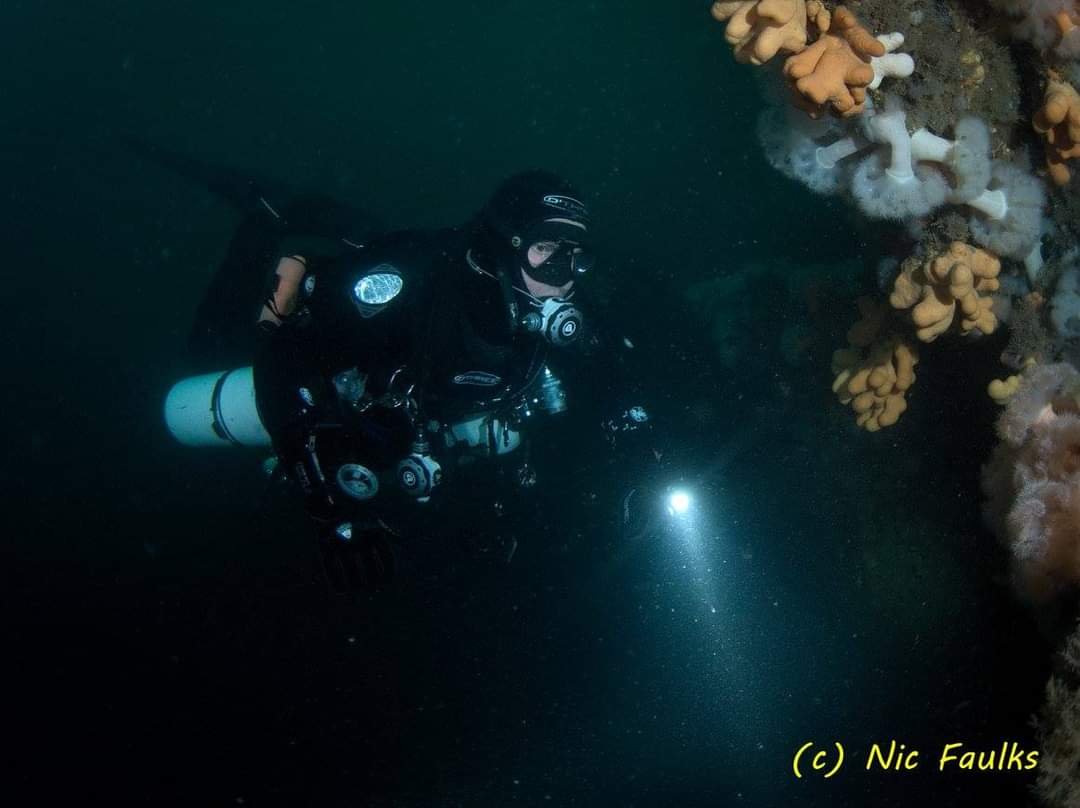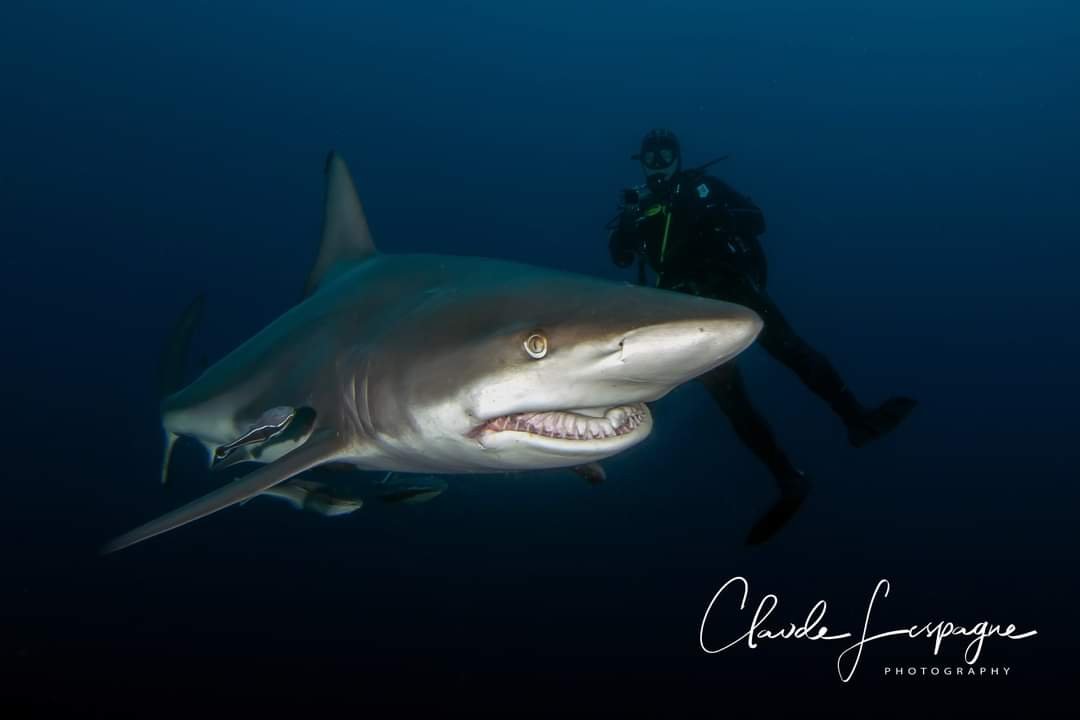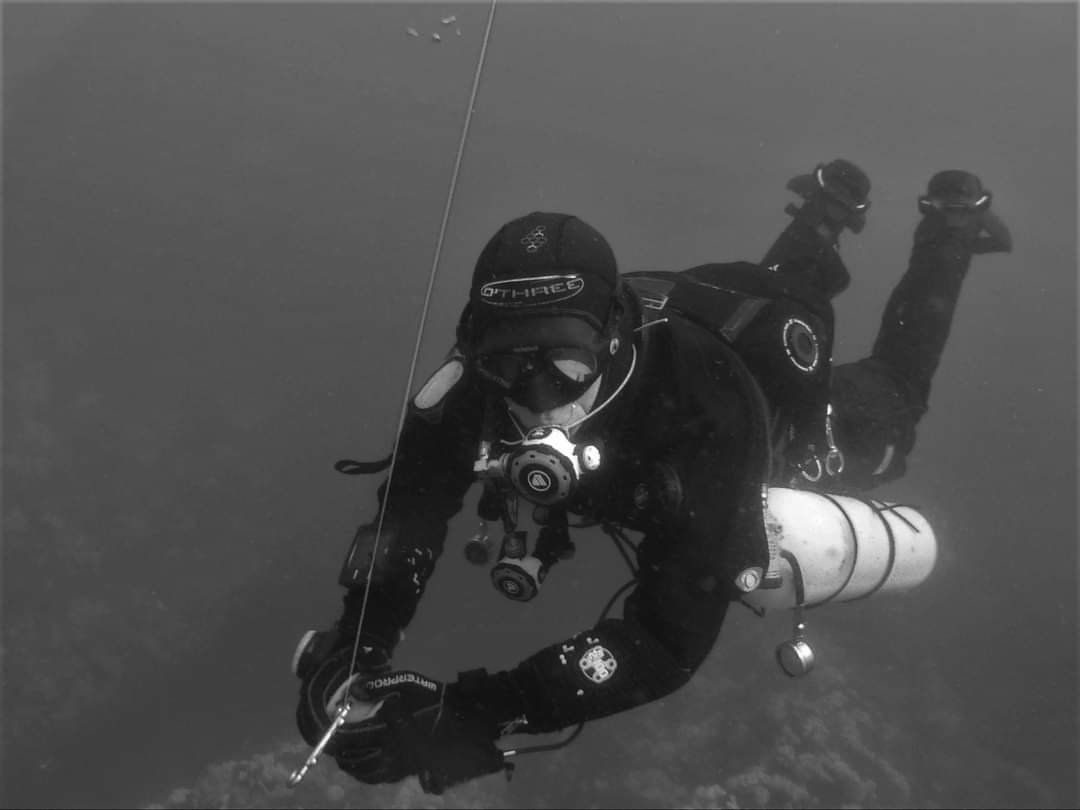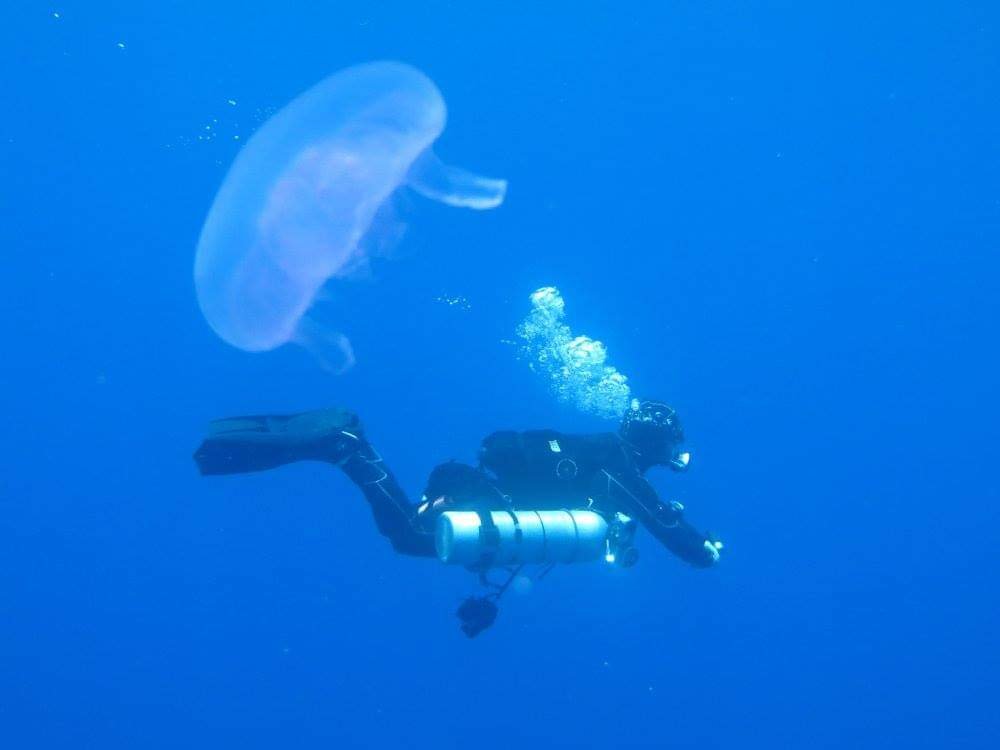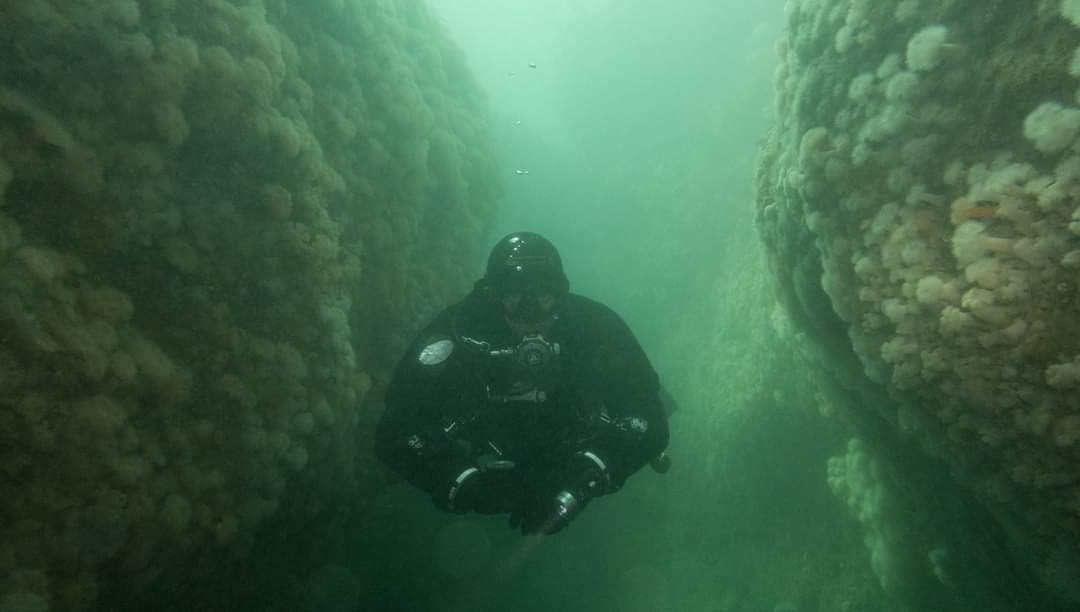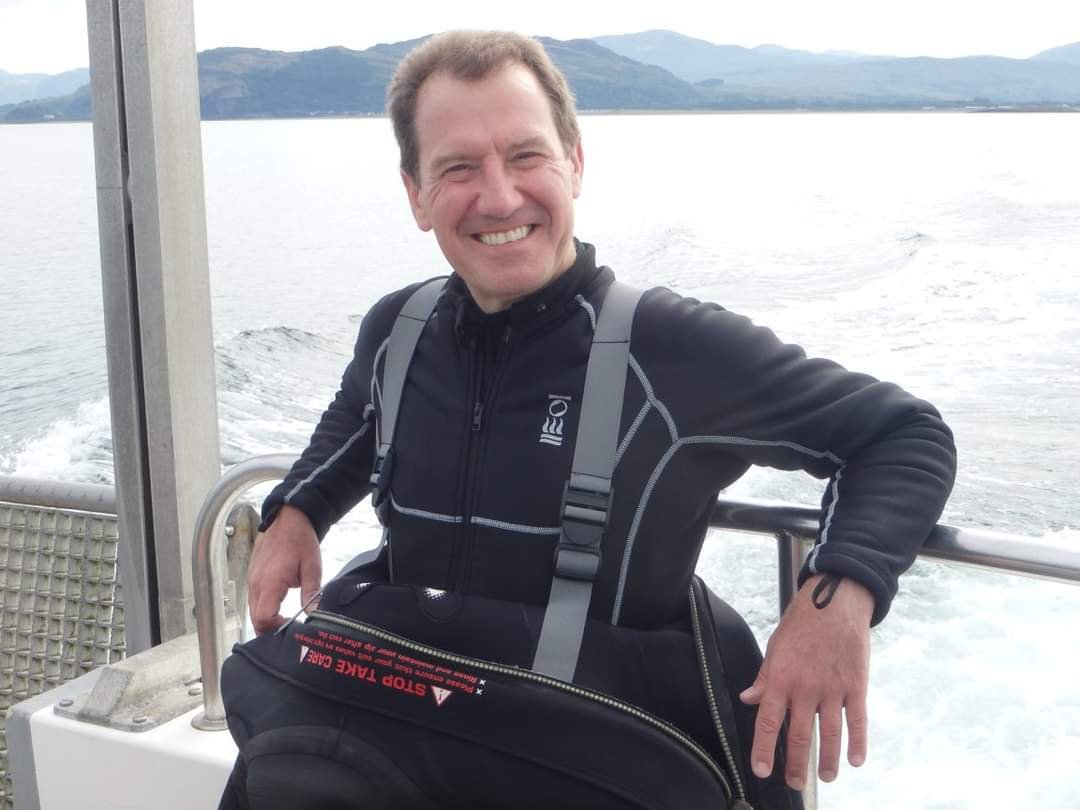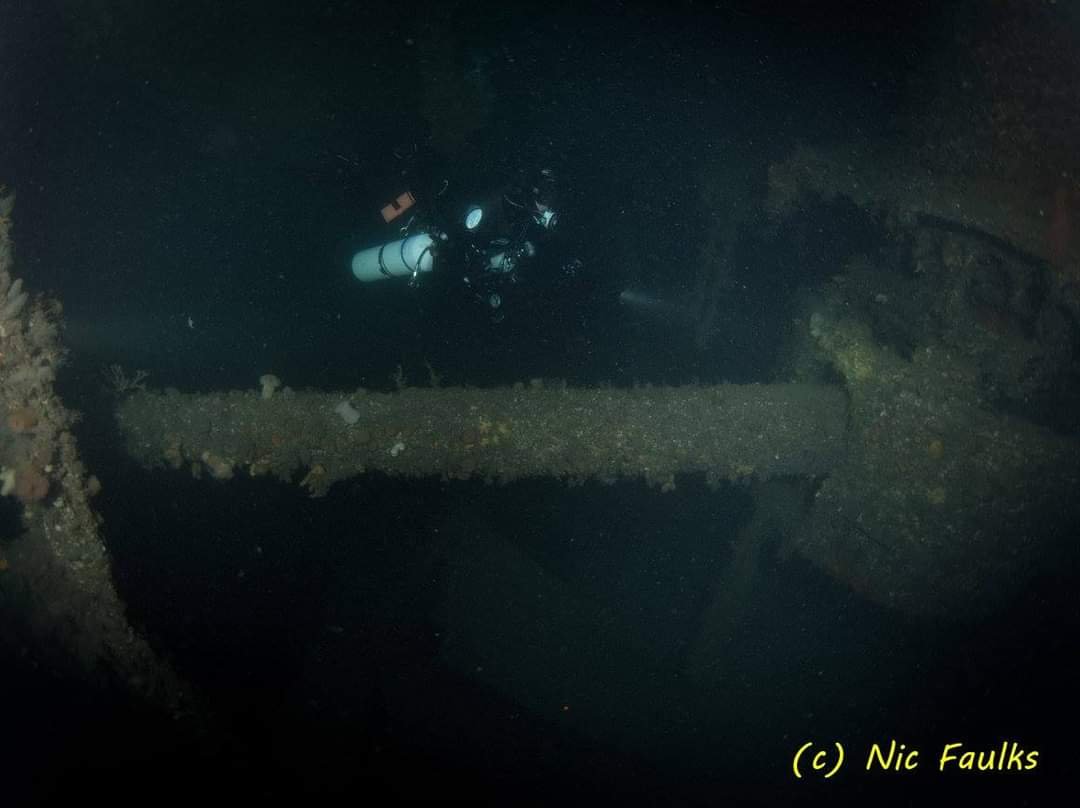Unearthing global differences and the seams that unite: Part 2
While global experience can reveal contrasts in earth structures, mining processes, cultures, language and people, David Lindsay says there is plenty of common ground across geotechnical engineering, no matter where you work around the world.
This is part two of a two-part series, delving into David’s experiences in mining across the globe.
Looking back
David, who spent his early mining career in the UK coal industry, says it was a pivotal time.
“Mining in the UK was in decline around that time,” he laments, of a once-thriving industry that is now almost non-existent. “And when I was in mining in the United States, the UK government was in the process of privatising its coal industry. When I came back to the UK, just over a year later in 1994, we went through privatisation. Rather than it being the national industry, a national coal board, it was split up into regions. Various mining companies took ownership of different parts. It became much more competitive.”
David says at the time there was a drive towards trying to legislate for much safer working conditions – something he noticed subsequently occurring around the world, albeit at different times.
“In the coal industry, we had a code of practice that we set up within the opencast industry, for mining safely, excavations and tips. And that came into legislation in 1999.
“Other countries, Australia for example, followed in the same footsteps. But one of the key things when I returned to the UK was that I could see that there would come a time when we would need to have statutory appointments for geotechnical engineers, which we didn’t have at the time.
“We had people who did geotechnical engineering, but there were no statutory positions. And along with that, those individuals would have to be officially accredited.”
A future view
A shortage of qualified and experienced geotechnical engineers is a challenge felt across the world.
“It’s a problem not just in Australia, but certainly in the UK,” David says. “Although in the UK there is virtually no mining industry left, hence why there are very few properly qualified geotechnical engineers.
“Geotechnics is one of the biggest risk factors for mining. So, we need more people in the industry and taking up these roles, and we need to train them better. We need there to be courses available to provide young engineers with the necessary academic skills and the mining industry to be able to provide them with the necessary practical experience.
“A big difficulty is being able to attract people into mining in the first place. Essentially any geotechnical engineer must have a good understanding of geology. That’s fundamental. You also need mathematical knowledge, engineering skills. But of course, a lot of people who do geotechnical engineering prefer to do it in the context of civils.”
As above, so below
When he’s not focused on what’s above or below the ground, David immerses himself beneath the ocean. The accredited scuba diving master says there are many parallels in both passions.
“I love this created world that we live in. And as much as I love being on ground above the waves, when I go under water, there’s so much to see in terms of the natural world, geology, the marine life, wrecks, caves,” he says. “It’s also that feeling when you’re getting ready, you’re thinking, have I got everything? Am I prepared? It’s the same in mining.
“Diving for me is a sense of escape, as well, from what’s above. The job I do is stressful, but I find peace when I’m under the water.
“I like the challenges and the risks. But, as always with anything in life and work, it’s imperative to weigh it all up and choose to embark on the things with the right balance of risk and reward.”
Read part one of David’s story here.


